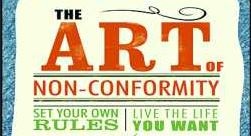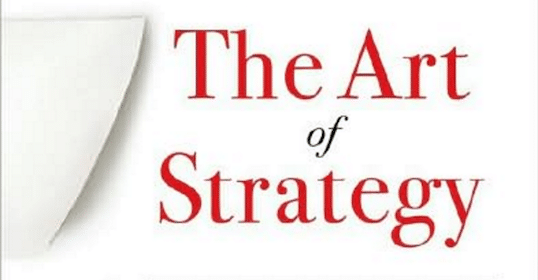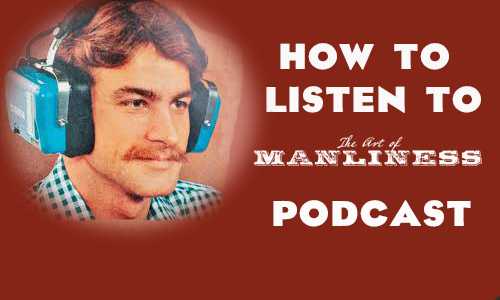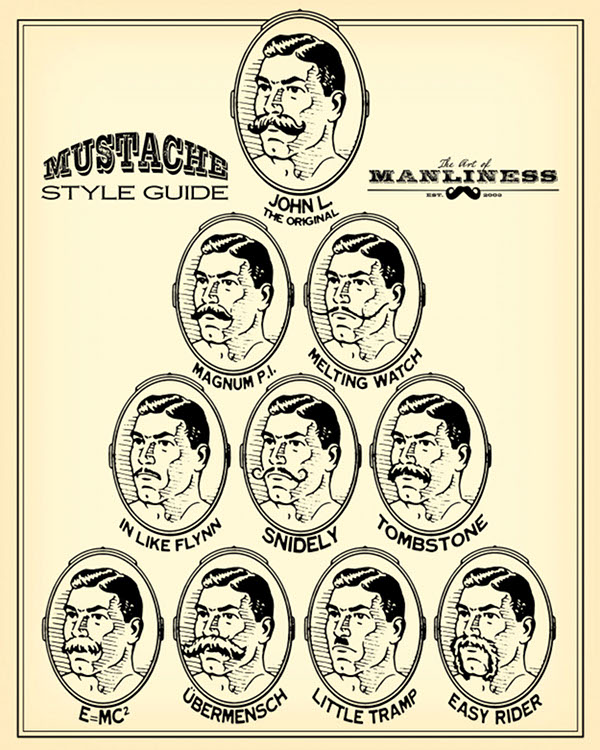
Editor’s note: Our podcast this week on the benefits of forgetting reminded us of this excerpt — an even more philosophic take on the subject — from The Crown of Individuality (published 1909) by William George Jordan. For more WGJ, we highly recommend picking up a copy of The Secrets to Power, Mastery and Truth: The Best of William George Jordan, an anthology of his works that we curated and edited. The below excerpt, while good, didn’t make the cut for that book, so you can imagine how great the selections that did are!
Forgetting is one of the fine arts of living at our best. It is not that phase of non-remembering, where a name or a date or a fact has not strength enough to keep itself from sinking deep into memory’s sea of oblivion. Fine forgetting means character asserting itself—not mind losing itself. It is the blue pencil of wisdom—cutting out unnecessary words from the text of our living. It is individual kingship determining what thoughts it will permit to reside in its kingdom. It is the exclusion act of the soul—ejecting the unworthy and the undesirable. A great editor once said: “The true secret of editing is to know what to put into the wastebasket.” Forgetting is the soul’s place for losing discarded thoughts, depressing memories, mean ambitions, false standards, and low ideals.
All the virtues, vices, and qualities of mental and moral life may be defined in terms of—forgetting or of remembering. Selfishness is forgetting others in over-remembering self. Worry is the inability to forget the troubles that may never happen. Honor is remembered high standards made evident in acts. Anger is the explosion of an overheated memory. Forgiveness is the heart’s forgetfulness of an injury. Ingratitude is the heart’s forgetfulness of a favor. Habit is the memory of acts making repetition easier. Mercy is the memory of human weakness tempering justice. Envy is forgetting one’s own possessions in over-remembering those of others. Influence is the remembered acts of one inspiring the acts of others. Patience is forgetting petty troubles along the way in concentrating thought on the goal. Love is the heart’s sweetest memories shrined in another.
Forgetting as a fine art has two distinct phases: learning how to forget and what to forget. Forgetting is the heart’s eclipse of a memory. It is so easy to say lightly to someone suffering from a memory, “Oh, just forget it all.” Those of us who have sought honestly and bravely to fight it out on the silent battlefield of the soul know that forgetting is never easy. If it were easy there would be neither credit, courage, nor strength in mastering it. Those people who tell you moral battles are easy, really know nothing about it, care nothing, or they are getting ready to tell you they have just remembered an appointment and must say “goodbye.” It is a real fight but we can win in the end.
Keeping the world from knowing our pain or struggle by veiling our sorrow with a smile, seeming to forget, is fairly easy; but this is not—real forgetting. The biggest souls find it hardest to forget. Trained forgetting is paradoxic. We cannot forget by trying intensely to forget—this merely deepens and gives new vitality to the memory.
True forgetting really means finer memory; it is displacing one memory by another, by a stronger one, an antidotal one. It means concentrating on the second phase so that the first is weakened, neutralized, and faded out like a well-treated ink-stain. It is removing a weed from the garden of thought and then planting a live, sturdy flower in its stead. It is cultivating new interests, new relations, new activities. Time helps wonderfully, but especially when we go into partnership with her.
If we learn to forget wisely and unselfishly in the trifles of our daily living with others, we shall silently accumulate higher pressure reserve power for our own later needs. Let us forget thorns of daily living in remembering roses of its possibility; forget things that pain in remembering unnoted reasons for thankfulness; forget the weakness of those around us in seeking to discover wherein they are strong. Let us forget the disappointments in the courage of new determination; forget the little wrong we have suffered from our friend, in living again in the memory of his many kindnesses; forget the things that depress in concentrating on those that exalt. Fine forgetting is an attempt at—finer justice. It means aggressive living—on the uplands of truth and light.
He whose success has made him hard, selfish, intolerant, and critical, who has no patience with those who have not succeeded, should rest for a little from his work of pinning new medals on the chest of his self-approval. He should forget his unworthy vanity by recalling his own hard struggles and the part that chance, patronage, favor, or even questionable cleverness, has had in incubating his prosperity. He may then gladly extend the helping hand he now withholds.
We often let an act of the long ago poison our present living: we remember when we should forget. There are things done in the inexperience of youth, in moments of unreason, acts of many years ago, that have left livid scars in thought, that sting and canker, that discourage and deaden purpose, depress our moral vitality, dim our mental vision, and dull our energy. We should let the dead past bury its dead. We should put them forever out of life and thinking. If we have made all reparation possible, let us consider them as the acts of someone else—a weaker self that is now dead, not the self that lives today, the one we are seeking to make finer and better. Let us make our new self more than a monument to a dead past. Let it be to us a prophetic tablet to the greater self we are preparing.
Remember and think of past folly, mistakes, sin, and sorrow only long enough to repair, to atone, and to avoid. Then forget the yesterdays of sadness, shame, wrong, and failure in the soul’s concentration on the new, fresh, clean days for higher, truer living, making each new today but the prelude to a new, better tomorrow.







